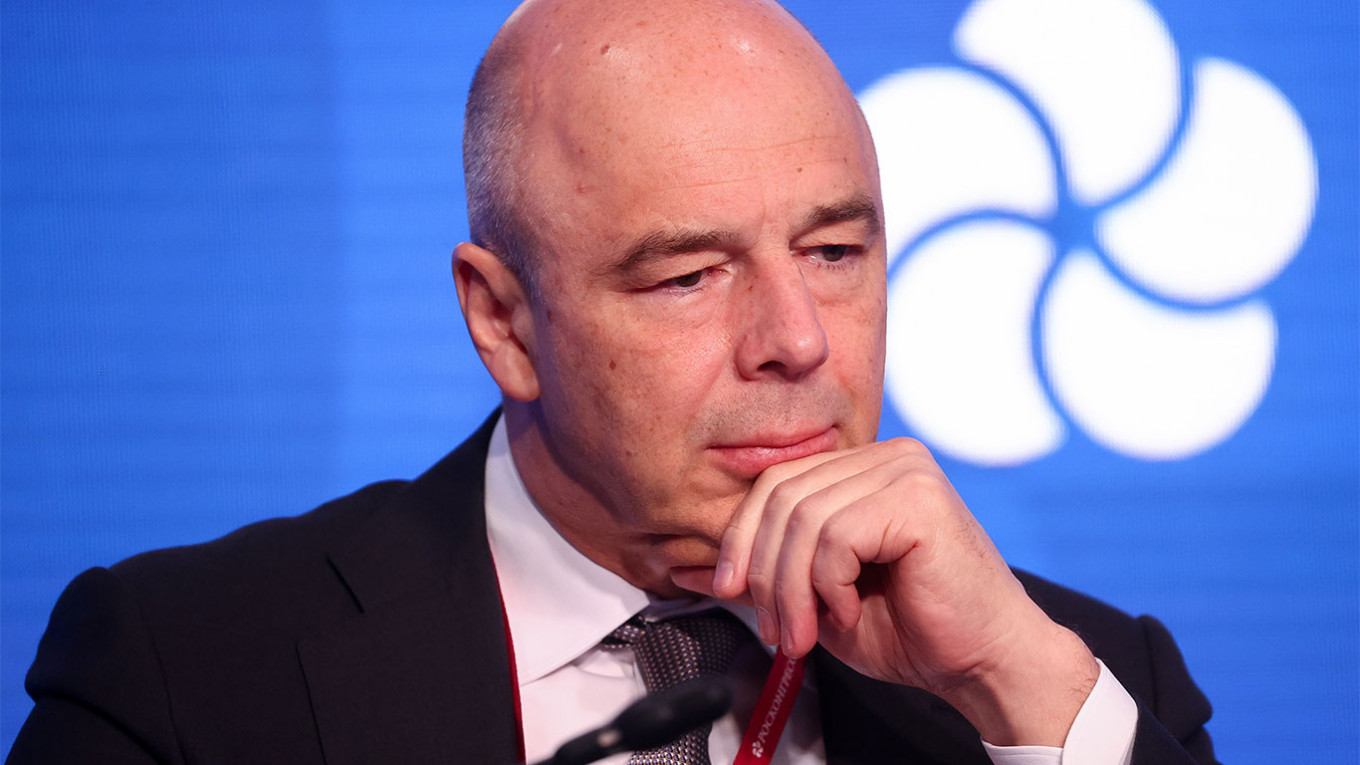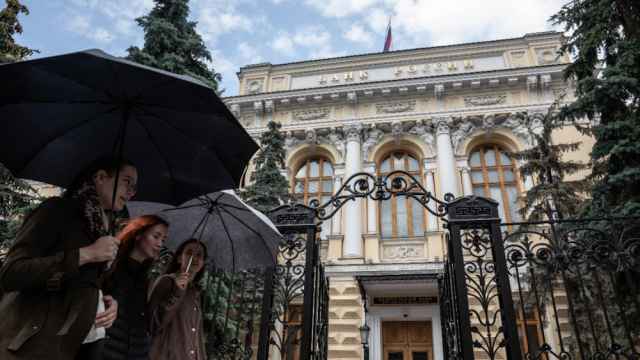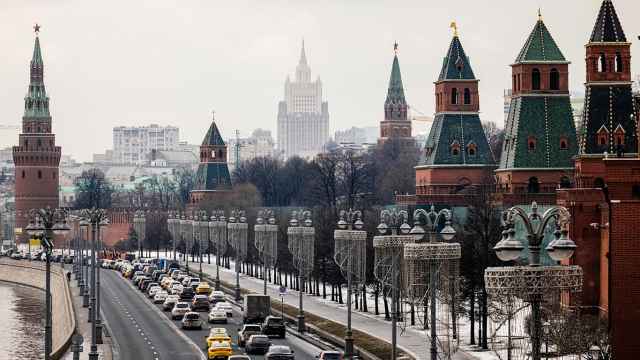Russia's finance minister said Wednesday the government could use excess energy revenues for foreign currency interventions to rein in the ruble, which has surged to a seven-year high.
A strong ruble is not desirable for the Russian government, which fears it can hit budget revenues and exports.
Finance Minister Anton Siluanov said Russia was "ready to sacrifice" part of its budget by using excess oil and gas revenue to intervene in the foreign currency market.
"This should affect the exchange rate," he said, adding it was the measure of last resort.
Energy prices have soared since Russia sent troops into Ukraine on Feb. 24.
Siluanov said the government would discuss the impact of the strong ruble on exporters next week.
"The exchange rate for exporters is now of fundamental importance," he added.
In recent weeks authorities have taken a number of measures to tame the ruble, which had plunged following sanctions over Russia's military intervention in Ukraine but has since soared.
After the West imposed the sanctions, financial authorities introduced strict capital controls to boost the economy.
Since then, the Russian currency has staged a spectacular rebound and is now at its strongest since 1985.
Authorities have loosened capital controls and the Central Bank has repeatedly cut its key interest rate, but the Russian currency continues to appreciate.
Russia's Finance Ministry said in May that domestic companies would have to sell 50% of their foreign currency export earnings, a reduction from 80% earlier.
The currency reached 51 rubles to the dollar on Wednesday.
A Message from The Moscow Times:
Dear readers,
We are facing unprecedented challenges. Russia's Prosecutor General's Office has designated The Moscow Times as an "undesirable" organization, criminalizing our work and putting our staff at risk of prosecution. This follows our earlier unjust labeling as a "foreign agent."
These actions are direct attempts to silence independent journalism in Russia. The authorities claim our work "discredits the decisions of the Russian leadership." We see things differently: we strive to provide accurate, unbiased reporting on Russia.
We, the journalists of The Moscow Times, refuse to be silenced. But to continue our work, we need your help.
Your support, no matter how small, makes a world of difference. If you can, please support us monthly starting from just $2. It's quick to set up, and every contribution makes a significant impact.
By supporting The Moscow Times, you're defending open, independent journalism in the face of repression. Thank you for standing with us.
Remind me later.






